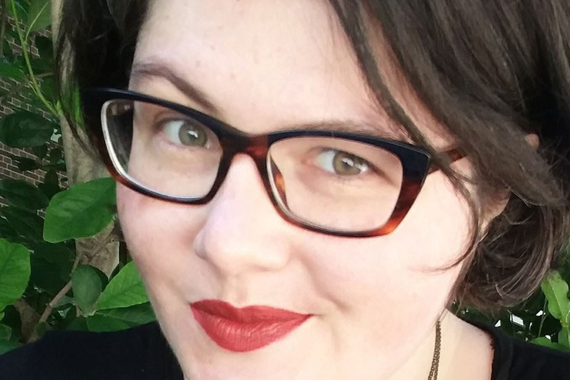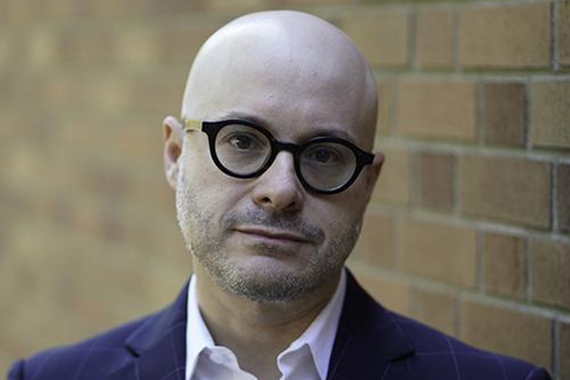Alumni Spotlight: Jenna Melton

Jenna Melton (she/her)
Major: PSY BA (Spring 2016)
Other Degrees: Business Admin MBA (Spring 2020)
Position: Senior Program Manager
Employer: Amazon
What is your work like? What are your duties?
As a senior program manager, within the Middle Mile technology organization at Amazon, I help develop go-to-market (GTM) strategies for products and software to better enable our Amazon package distribution facilities. My main duties are: align internal stakeholders on product goals and customer needs, tailor product launch plans to drive adoption across our facilities, develop and execute training for new products/services, identify and create mechanisms to track inputs vs outputs (pre and post implementation), and monitor monitor various key performance indicators (KPIs) for trends and market saturation. This role is highly cross-functional, meaning I work with stakeholders from across our organization to ensure each of the above duties are executed to the highest standards. Have you ordered something from Amazon recently? If so, you have been impacted by the products/software that my team supports.
How would you say your psychology degree has helped you with your current job?
While I've never picked up the DSM-5 in my professional life, my psychology degree is the foundation for everything that I do day in and day out. At the most basic level, my psychology degree taught me how to be a better communicator, facilitator, motivator and writer (think about all those research papers). Those are all skills I use every single day when interacting with my cross-functional teams. For example, in the life of a program manager, you may need to lead conflict resolution sessions when two teams have conflicting goals that are impacting your program; you may need to build a trusting relationship with a stakeholder who has been hesitant to collaborate on a project; or you may need to influence others to make a decision one way or another.
On a different note, it also taught me how to be a self-evaluator and to take time for introspection so I can continue to grow in my career and not always rely on others for feedback.
In what way has your major complemented your current job?
Truly it is what I said above in response to the "How would you say your psychology degree has helped you with your current job?" question. I fully believe that my psychology major laid the foundation for being successful as a Program Manager. It helped me develop those critical soft skills early on in my career, so over the years I could refine and iterate my abilities to make an even greater impact as a result.
How did you find your current position? Please include any resources you may have used (UMN or otherwise)
LinkedIn has been a powerful tool for my last two positions. Each organization approached me about job opportunities on that platform and well, when Amazon called (or wrote me a message), I answered. After I completed my undergrad in psychology, I pursued a master of business administration (MBA) through the Carlson School of Management, here at the U. The Carlson School Graduate Career Center was pivotal in helping me evaluate my last two roles vs my professional aspirations and job offers. While I didn't use the CLA Career Center, I would advocate strongly for you to use that resource. The career centers at the U are a wealth of knowledge from resume review/critiques, job searches, interview preparations, to job offer negotiations. Use your resources—maybe that's another thing my Psychology degree taught me! :)
What advice do you have for our current psych students and recent grads?
Be open to different opportunities that maybe you've never considered before or weren't "part of your plan". Don't get me wrong, I am a plan-oriented person. I remember walking into my first advising appointment at Transfer Student Orientation, with my entire two-year course work planned out. I knew exactly what I wanted to do and how I was going to get there. Well let me tell you, working in the technology industry, much less at Amazon, was not in the plan then. It wasn't even a sparkle in my eye.
Having a plan is a good thing, I am not here to say "don't have a plan", but what I am here to say is allow yourself to explore —maybe take a class outside of your major in a field that interests you but you don't know a lot about, travel abroad and immerse yourself in a new culture (I studied abroad twice and came back each time with a new found appreciation for diverse perspectives and experiences) or maybe you take an internship position that pushes you slightly out of your comfort zone.
If you are interested in being featured or would like to nominate someone to be featured, please fill out this Google Form. We are always looking to highlight our alumni and their accomplishments!


